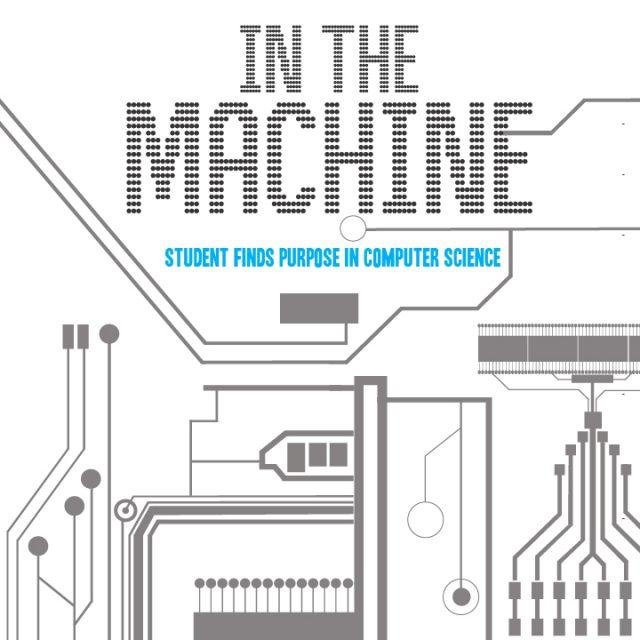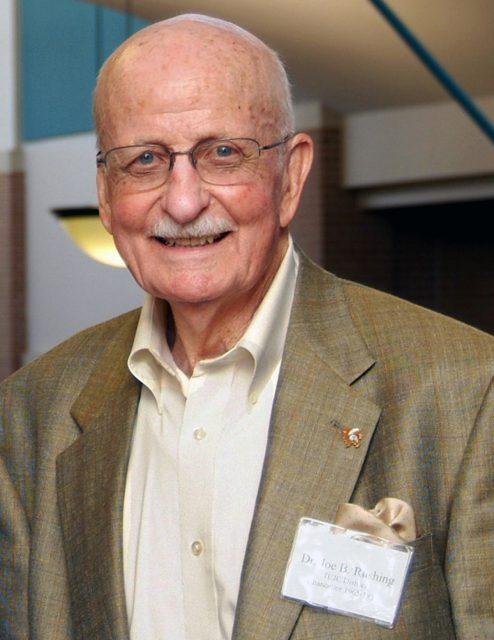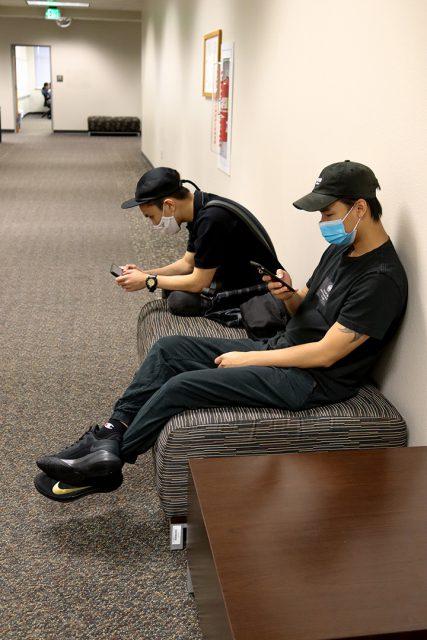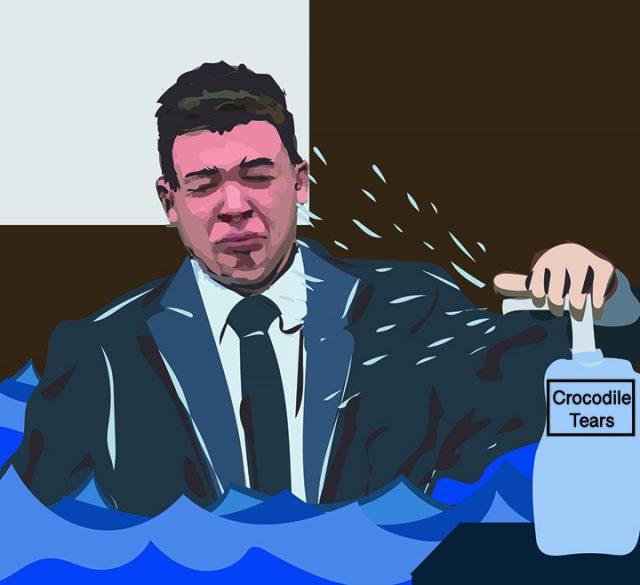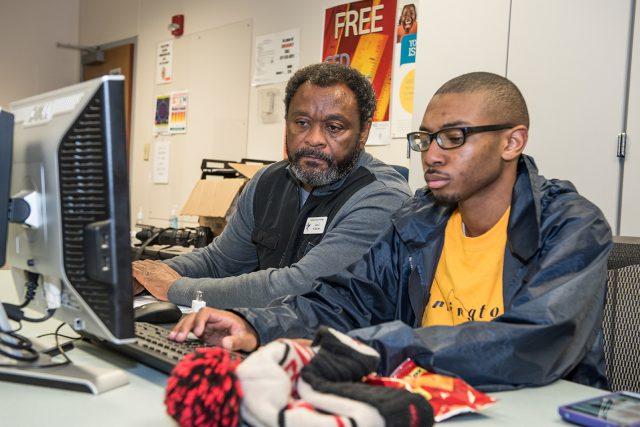LOGAN EVANS
campus editor
NE student Ryu Parish sat at his computer, flicking through the 74-page slideshow he’d built for the latest “Binary Dragon,” his monthly virtual lecture on artificial intelligence. He had an unassuming look to him, with close-cropped hair and black-rimmed glasses. The bedroom wall behind him stood blank, except for a blueprint poster of the Enigma machine, a WWII cipher famously cracked by “Father of AI,” Alan Turing.
Parish has a special knack for whittling big ideas into simple statements. That afternoon, he was planning to speak on the advantages a computer can have over the human mind.
Only, when the session started and no students joined, Parish had to abandon the talk — for the second month in a row.
“It’s exhausting sometimes,” he said.
Parish took it in stride. He speaks with a calm rhythm and his sentences are often punctuated with an infectious, glowing grin. As a computer science major, you can’t let everything get to you, he said. You have enough to think about.
Born in Japan to a Black American father and a Japanese mother, Parish spent much of his childhood around people who didn’t look like him. Severe bullying in school piled on to an already troubled home life and left him with a sense of helplessness, a feeling he would channel into an oasis of numbers, wires and networks.
“A computer does exactly what you want it to do,” he said. “There’s no fussing or arguing. If someone messes up, it isn’t the computer’s fault.”
Parish had his first brush with computer science in middle school, when he would escape to the Internet and download video game modifications, bending the fabric of virtual worlds with increased health and abilities. Most of this was done through websites that gave users a streamlined way to mod, but Parish would sometimes attempt his own code.
“I would always mess it up,” he said, laughing.
But as he got older, he would learn Python — a high-level programming language — with the help of online courses.
Parish, now 20, still chases the same trial-and-error curiosity that led his early attempts.
He recently built an autonomous rover using a single-board computer called a Raspberry Pi. The machine was capable of moving in multiple directions and turning when it encountered a wall, but when Parish tried tinkering with it after putting it down for a week, it started hemorrhaging smoke. He quickly doused it in the kitchen sink.
“I somehow salvaged this, and it still works,” he said, holding up the Raspberry Pi, which looked like a tiny green city.
For all his love of electronic things, Parish strives to serve living, breathing people in his community. Last semester, he was chosen as the male Co-Chair for TCC’s Intercultural Network Student Advisory Team. In an introduction video, he said he hopes to be an advocate for people like himself who have felt different because of their identity.
“Relatability can be a relief to that pain,” he said.
Intercultural Network coordinator Marjeanna Burge said Parish has been a lifesaver during the online transition of recent semesters. He’s jumped on opportunities to moderate event sessions, and even created a virtual newsletter to push community events.
“I have never interacted with a student like Ryu,” she said.
Parish hopes to one day funnel his study of computer science into an important field of research.
During the first “Binary Dragon” lecture in February, Parish said that unlike human intelligence, which can’t be definitively measured, computer intelligence is defined as the maximum amount of output a machine can produce using the minimal amount of input. In other words, how well it can draw conclusions.
This idea has fueled a theory in the scientific community called “the singularity,” or a point where AI will surpass human intelligence and take over. For many, this is an inevitable doomsday scenario peopled with smoldering landscapes and robot overlords. Machine learning is the beginning of the end of us, they say.
Parish doesn’t think so.
It’s all about what a person does with a machine, he said.


















